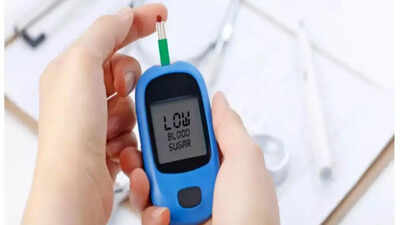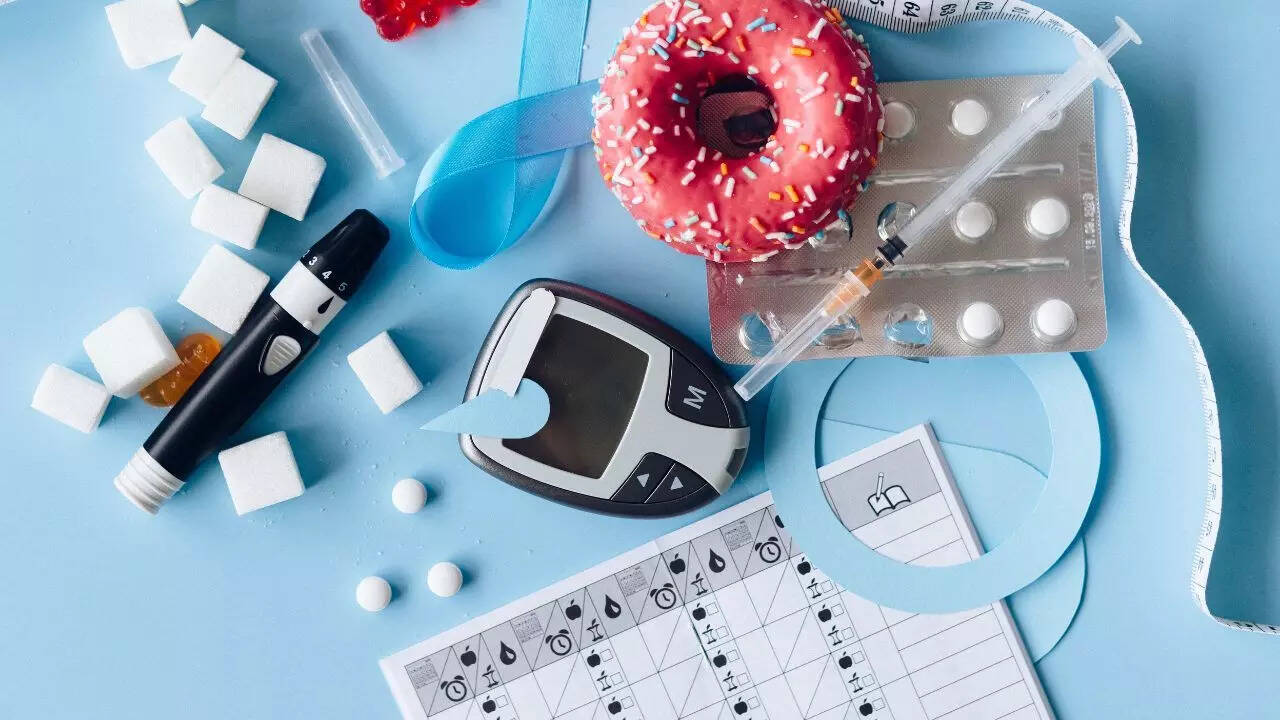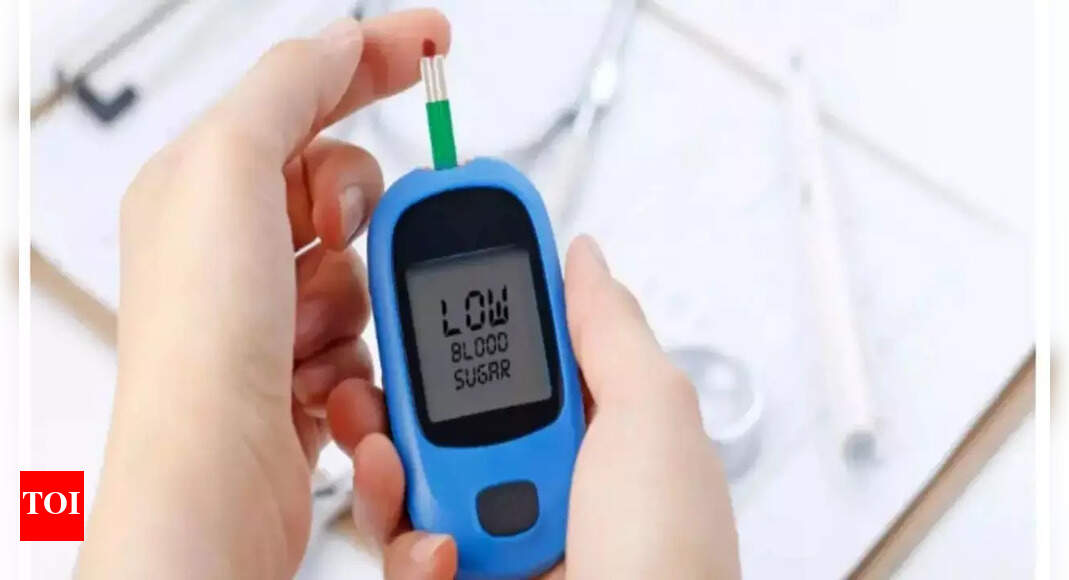 Eliminating refined sugar from your diet is a commendable step toward improving metabolic health and reducing the risk of type 2 diabetes, obesity, and cardiovascular disease. However, many individuals are surprised to find their blood sugar levels remain high despite cutting out sugar-laden treats. The reason? Refined sugar is only one part of a broader metabolic picture. According to expert guidance from leading health agencies such as the Centers for Disease Control and Prevention (CDC), National Institutes of Health (NIH), and American Diabetes Association (ADA), blood glucose levels are influenced by a variety of dietary, hormonal, and lifestyle factors.While eliminating refined sugar is an excellent first step, it’s not a silver bullet. Blood sugar control depends on a combination of factors, including total carbohydrate intake, physical activity, stress levels, sleep quality, and underlying medical conditions. For those struggling to stabilise their blood sugar, it’s essential to take a holistic approach and seek guidance from a certified health professional or registered dietitian. Additionally, regularly monitoring blood glucose can help identify hidden triggers that may be affecting your levels. Staying consistent with healthy habits over time is key to achieving long-term metabolic balance.
Eliminating refined sugar from your diet is a commendable step toward improving metabolic health and reducing the risk of type 2 diabetes, obesity, and cardiovascular disease. However, many individuals are surprised to find their blood sugar levels remain high despite cutting out sugar-laden treats. The reason? Refined sugar is only one part of a broader metabolic picture. According to expert guidance from leading health agencies such as the Centers for Disease Control and Prevention (CDC), National Institutes of Health (NIH), and American Diabetes Association (ADA), blood glucose levels are influenced by a variety of dietary, hormonal, and lifestyle factors.While eliminating refined sugar is an excellent first step, it’s not a silver bullet. Blood sugar control depends on a combination of factors, including total carbohydrate intake, physical activity, stress levels, sleep quality, and underlying medical conditions. For those struggling to stabilise their blood sugar, it’s essential to take a holistic approach and seek guidance from a certified health professional or registered dietitian. Additionally, regularly monitoring blood glucose can help identify hidden triggers that may be affecting your levels. Staying consistent with healthy habits over time is key to achieving long-term metabolic balance.
Key reasons your blood sugar may remain high after quitting sugar
Hidden sugars in “healthy” foods
Even if you eliminate table sugar, you might still be unknowingly consuming added sugars through processed or packaged foods labeled as “natural” or “organic.”Common culprits:Granola and protein barsYogurt with fruitSalad dressings and ketchupWhole-grain cerealsAs reported by CDC, these products may contain sugar alternatives such as honey, agave nectar, or brown rice syrup, which still raise blood glucose. According to the CDC, even “natural” sweeteners are counted as added sugars and can spike your blood sugar.
Poll
Do you think eliminating refined sugar completely is enough to maintain healthy blood sugar levels?
Refined carbohydrates act like sugar
Refined grains such as white rice, white bread, and pasta are rapidly digested into glucose in the bloodstream. This leads to a glycemic spike similar to that caused by table sugar. As reported by NIDDK, these foods lack fiber, which slows down glucose absorption. According to the National Institute of Diabetes and Digestive and Kidney Diseases (NIDDK), a high intake of refined carbohydrates can significantly affect postprandial (after-meal) blood glucose. This spike can trigger insulin surges, promote fat storage, and increase the risk of insulin resistance and type 2 diabetes over time.
Physical inactivity reduces insulin sensitivity
Exercise plays a critical role in helping your cells absorb glucose from the blood. Without regular physical activity, your insulin sensitivity drops, and sugar remains in your bloodstream longer—even if your diet is “sugar-free.” Regular movement also boosts metabolic health, supports weight loss, improves cardiovascular fitness, and reduces inflammation. The CDC recommends at least 150 minutes of moderate-intensity aerobic exercise per week to support blood sugar control and overall wellness, especially for individuals managing prediabetes or type 2 diabetes. You can start with a simple walk, and then build on it.
Stress can spike blood sugar
Stress hormones such as cortisol and adrenaline trigger the liver to release glucose into the bloodstream, preparing the body for a “fight-or-flight” response. Chronic stress can lead to persistent high fasting glucose levels.The American Diabetes Association (ADA) acknowledges stress as a major contributor to poor blood sugar control and recommends stress-reduction strategies including deep breathing, yoga, and journaling.
Poor sleep and blood sugar imbalance
Not getting enough restorative sleep can interfere with insulin function and glucose metabolism. Research by the National Institutes of Health (NIH) shows that sleep deprivation leads to increased insulin resistance, even in healthy individuals.Aiming for 7 to 9 hours of quality sleep per night is critical for maintaining healthy blood glucose levels.
Overconsumption of natural sugars (e.g., Fruit Juices)
Fruits are a healthy source of fiber and antioxidants, but drinking fruit juices or eating large quantities of dried fruit can lead to a rapid blood sugar spike. Unlike whole fruits, juices lack fiber and are digested quickly. The World Health Organization (WHO) recommends limiting fruit juice intake and opting for whole fruits instead.
Medical conditions and medications
As reported by NIDDK, underlying medical conditions and certain medications can also contribute to high blood sugar:Polycystic Ovary Syndrome (PCOS)Thyroid dysfunctionCushing’s syndromeSteroid medicationsBeta-blockers and some antidepressantsIf your blood sugar remains high despite dietary changes, consult your healthcare provider for medical screening and medication review.
5 Simple ways to bring down high BP
You may have prediabetes or insulin resistance
Even without consuming refined sugar, if your body is insulin resistant, your cells won’t effectively absorb glucose, leaving sugar to accumulate in the blood. According to the CDC, more than 1 in 3 adults in the U.S. have prediabetes, and most are unaware of it. A simple HbA1c blood test or fasting glucose test can help determine your risk.
What you can do to manage high blood sugar after quitting refined sugar
Now that you know the causes, here’s how to take control of your blood sugar levels holistically:Read nutrition labels carefullyCheck for added sugars, even in products labeled as “natural” or “organic.”Choose whole, high-fiber carbsSwap refined grains for whole grains like quinoa, oats, or brown rice.Aim for at least 30 minutes of moderate exercise, 5 days a week — walking after meals helps.Practice deep breathing, yoga, journaling, or mindfulness techniques.Get 7–9 hours of restful sleep consistently. Reduce blue light exposure before bedtime.Eat whole fruits instead of juices or dried fruits, and pair them with protein or fat.Ask for tests like HbA1c or a fasting glucose panel if levels remain high. Review any medications you take.Address underlying conditionsIf you have conditions like PCOS or thyroid issues, manage them alongside your glucose levels. Treating the underlying conditions is crucial. Disclaimer: This article is for educational purposes only and is not a substitute for professional medical advice. Please consult a qualified healthcare provider or registered dietitian if your blood sugar remains elevated despite lifestyle changes, especially if you have diabetes, prediabetes, or chronic health conditions.Also Read | Jack Dorsey launches Sun Day app to track UV exposure and vitamin D levels using real-time UV and skin data; here’s how it might benefit you

